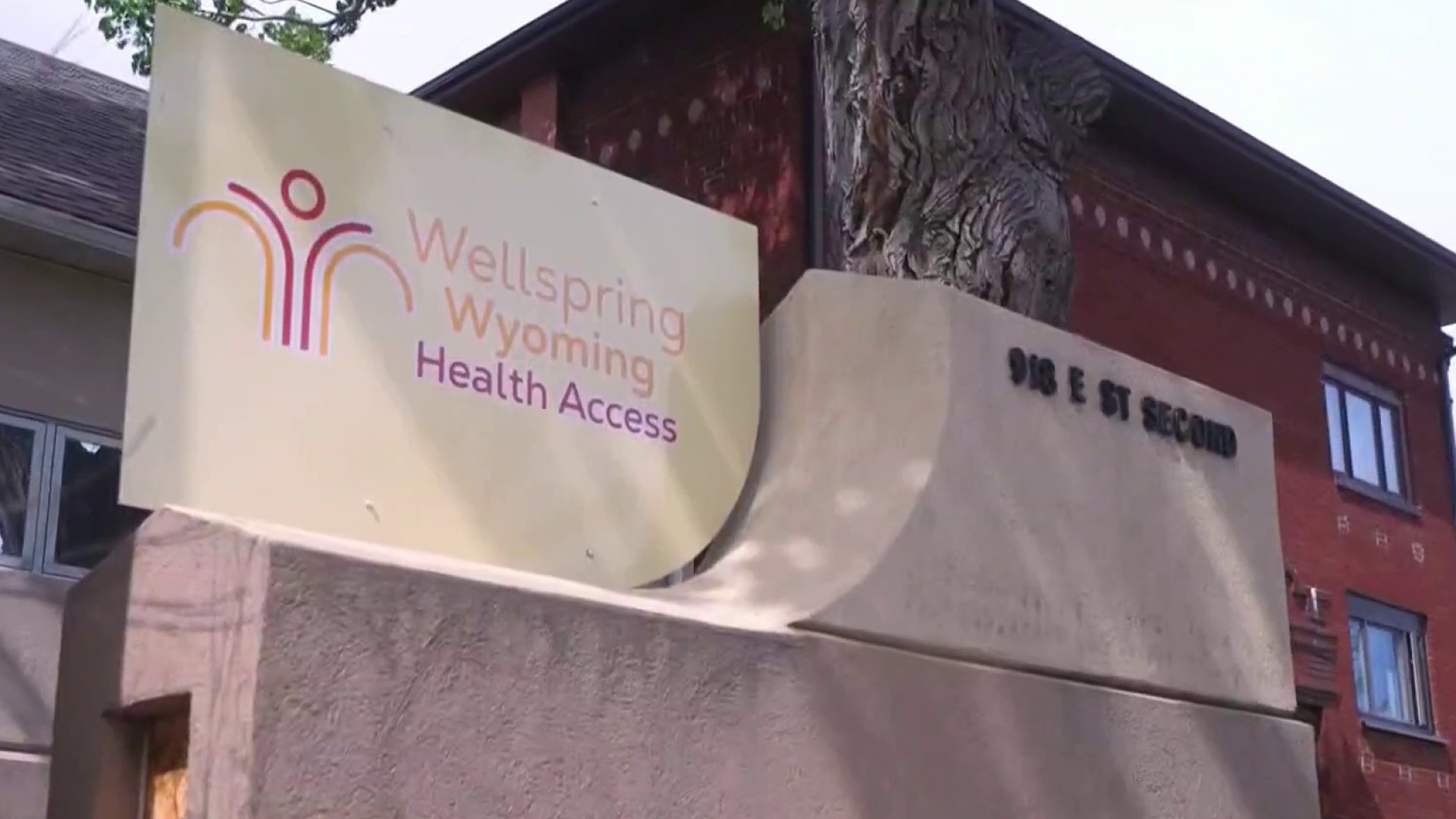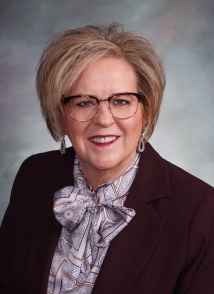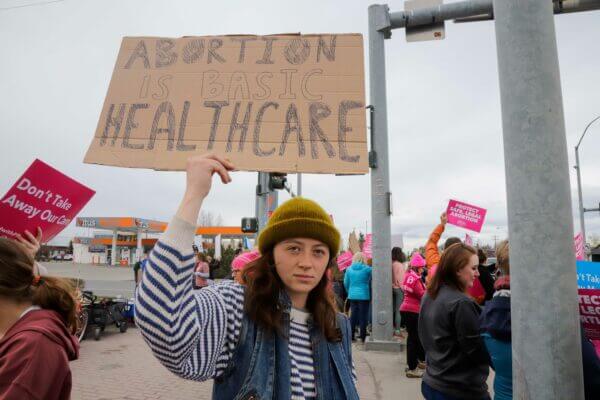For the third year in a row, the Wyoming Legislature in 2024 voted to outlaw abortion.
Nevertheless, the procedure remains legal in Wyoming—for now. The issue is on hold in court, which will determine whether abortion bans violate our state constitution’s protection of healthcare freedom.
In 2022 and 2023, the Legislature passed outright abortion bans, denying Wyoming families the freedom to decide when and how to have children, and putting at medical risk women who experience complications from pregnancy.
This year, the Legislature went after the state’s sole brick-and-mortar abortion provider, Wellspring Health Access in Casper, by passing regulations that say abortion clinics must be full-blown medical centers.
Since Wellspring is a basic health clinic—albeit one that is readily equipped to provide safe, legal abortions—the new law would have disqualified it as a facility where the procedure could take place.
The thinking goes, apparently, that if they can’t ban abortions outright, Wyoming lawmakers will make it as difficult as possible for anyone to provide them.

Ultimately, Gov. Mark Gordon vetoed the bill, noting it would further gum up an already sticky situation—multiple abortion bans on the books that are already in legal limbo.
However, this year’s attempted abortion ban provides a sneak preview into what the fight over reproductive rights in Wyoming will look like in the likely circumstance that the state Supreme Court declares abortion is, in fact, healthcare—a protected right in our state.
Everyone seems to agree: Abortion is healthcare
Wyoming residents overwhelmingly voted in 2012 for a state constitutional amendment that ensures the right of adults to make their own healthcare decisions.
That amendment is at the center of the litigation brought by two doctors, two women of childbearing age, and a pair of abortion access nonprofits to overturn the bans. The Wyoming Supreme Court is expected to hear the case in coming months.
This year’s bill to restrict abortion seemed to acknowledge that the fight will soon move beyond the prospect of outright prohibition.
If the courts determine that abortion is, in fact, healthcare, then the procedure will remain legal.
This year’s bill to restrict abortion, “House Bill 148 – Regulation of Surgical Abortions,” seemed to acknowledge that the fight over abortion in Wyoming will soon move out of the courts—and beyond the prospect of outright prohibition.
The bill would have set forth a number of requirements for abortion facilities that no abortion clinic in Wyoming can satisfy, and that would cost hundreds of thousands of dollars in renovations to meet.
If anti-abortion lawmakers truly believed that the government’s abortion ban would prevail in Wyoming court, then there would be absolutely no need for a new rule that governs abortion clinics. A person who is confident that they will win has little use for such a backup plan.
In fact, the bill was a copycat of other legislation passed in states like Texas and Florida—states where abortion is now banned—prior to the U.S. Supreme Court’s overturning Roe v. Wade. It was specifically designed to stymie abortion providers in places where the procedure is legal.

At the same time, HB-148 was chock full of language describing abortion in specific detail as a medical procedure (i.e., as healthcare).
It called for the Wyoming Department of Health—the state’s healthcare agency—to promulgate rules to govern abortion facilities. It would have required abortion clinics to meet the standards of “ambulatory surgical centers,” which are like mini-hospitals where outpatient surgeries take place.
The bill’s supporters, including Reps. Rachel Rodriguez-Williams (R-Cody) and sponsor Martha Lawley (R-Worland), specifically argued on the House floor that the bill’s many references to healthcare did not mean that abortion is, in fact, healthcare—since, of course, this admission would jeopardize their court case.
But if it looks like a duck and quacks like a duck…
Dishonest motivations
Depending on how the Wyoming Supreme Court rules, it is not hard to imagine a scenario in which abortion is considered a protected right and any effort to unduly infringe upon access to the procedure is unconstitutional.
Banning abortion is terribly dangerous for women who experience complications from pregnancy
In this case, the 2024 budget session served as a preview of the fight over abortion to come in another way.
Legislators who supported HB-148 swore up and down that the bill, in fact, was not meant to block women from receiving abortions. Instead, they said, it was meant to keep them safe. Hence, the extra requirements on abortion facilities, including a requirement that abortion clinics have admitting privileges to a hospital less than 10 miles away.
Of course, banning abortion is terribly dangerous for women who experience complications from pregnancy, since bans with hefty criminal charges attached to them prevent physicians from performing any procedure that might be construed as breaking the law.
To champion an abortion ban one minute and then turn around the next and claim to want to protect women seeking abortions is wildly dishonest. But if abortion remains legal in Wyoming, anti-abortion lawmakers will need to increasingly turn to further lies, treachery, and bills like HB-148 to achieve their goals.

